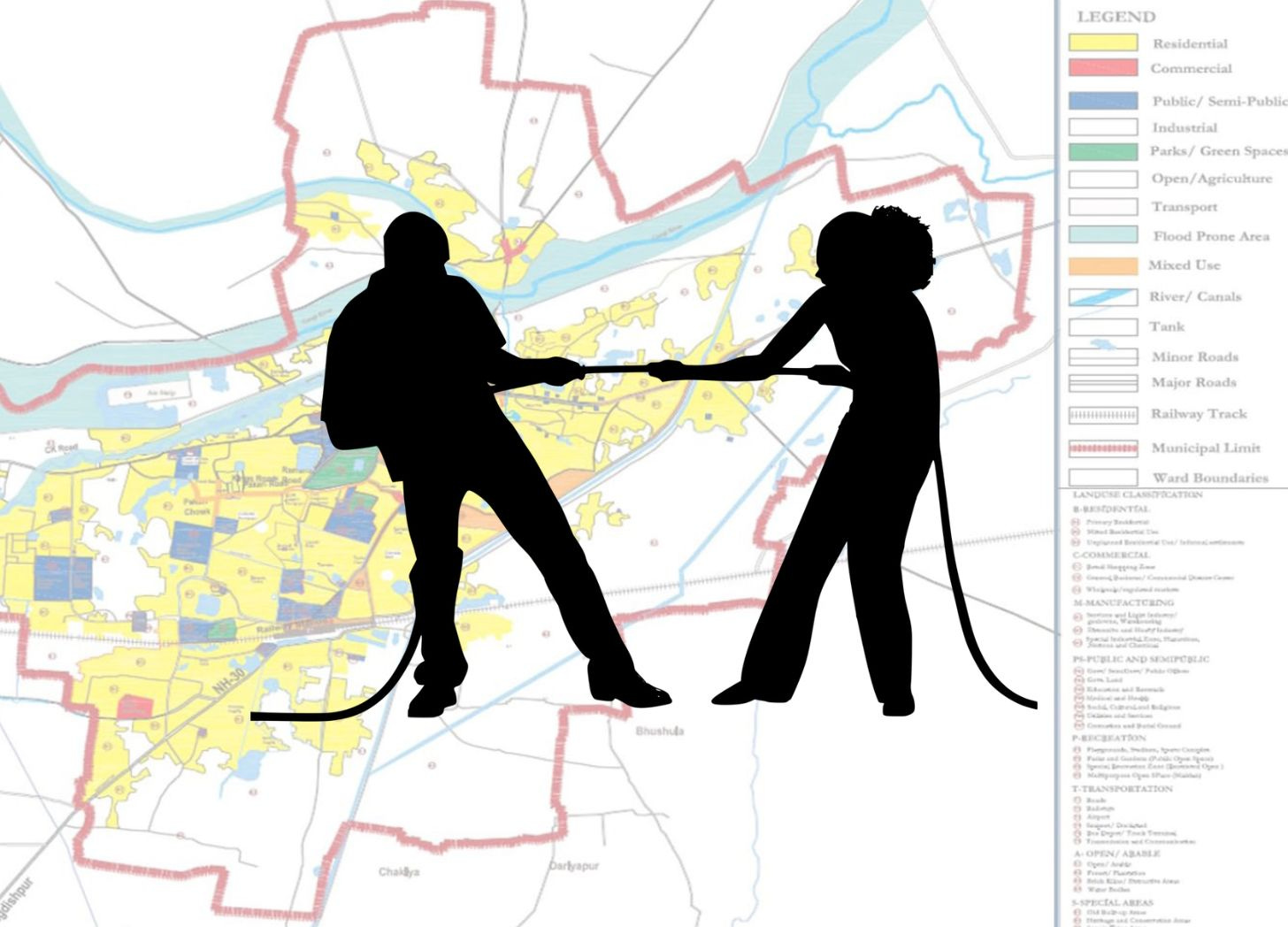From snap judgments to unshakeable beliefs
Recognize how belief and bias can and does shape public opinion
Stereotypes shape public opinion.
Stereotypes are handy (but sometimes misleading) shortcuts our brains take when sizing up a situation. In the broadest sense, they’re convenient, simplified ways of understanding complexities based on what you already think or know to be true. Stereotypes aren’t all good or all bad, and there’s no sense in telling yourself you’ll never make swift judgments based on them. This is part of being a human.
This matters because preconceived notions or images about housing policy, traffic engineering, and electric vehicles matter. Stereotypes shape public opinion and they can be used by local leaders to shape neighborhood design (for better and for worse).
In his 1911 book, Some Problems of Philosophy, William James wrote about a concept he called the faith ladder.
It is a slope of goodwill on which in the larger questions of life men habitually live. Such faith tendencies are extremely active psychological forces, constantly outstripping evidence.
There is nothing absurd in a certain view of the world being true, nothing contradictory;
It might have been true under certain conditions;
It may be true even now;
It is fit to be true;
It ought to be true;
It must be true;
It shall be true, at any rate true for me.
Here are two ordinary ways stereotypes high on the faith ladder play out at work:
Leif is an urbanist with a profound commitment to creating green spaces as a crucial prescription for public health. He has witnessed the positive impact of parks on community well-being, from reducing stress to encouraging physical activity. Despite the absence of exhaustive evidence in every instance, he sees the integration of green spaces as more than fitting—it's a moral imperative and a public health necessity. For Leif, the stereotype that "every community needs parks for public health" becomes a personal commitment, as he works to ensure that this vision holds true for every neighborhood. He might go so far as to use eminent domain to condemn people’s property and convert it to green space.
Philomena is an urbanist firmly rooted in the belief that high-density development is more than fitting for urban landscapes. It’s an unswerving indicator of progress and modernity. Despite the lack of universal evidence supporting the idea that high-rise buildings are always the key to a vibrant downtown, she is committed to this stereotype. For Philomena, the belief that "higher density is always good for progress" becomes a personal commitment, guiding comments on permits and proposals. This commitment may inadvertently overlook the benefits of human-scale design and potential drawbacks of a one-size-fits-all land use planning. Still, she works to ensure high-density development in every neighborhood.
Stereotypes shape public opinion.
What are you supposed to do about stereotypes and the faith ladder? Well, I’ll tell you what you won’t do—change human nature. Try to identify where your various urbanism worldviews are on the faith ladder. Just going through that exercise will soften the way you interact with people who hold different worldviews. And you’re much more likely to stop yourself from reaching a dogmatic view of neighborhood design.
Maybe a residential block can be delightful even without commercial land uses on it. Maybe a city’s transit system can be robust without a light rail system or connection to regional rail. Maybe a historic district with one-way streets is still inviting and pleasant for pedestrians without converting to two-way streets.
Our ideas about projects and policy might be right or partly right or outright wrong. They might be objective or subjective. The point is to recognize that our brains will take shortcuts to draw conclusions.
As GI Joe used to say on Saturday morning:




This is the kind of peaceful revolution our society needs. Examining and being intimately aware of our stubborn worldviews, though generally helpful they may be, so we can be adaptable and agreeable in different situations.